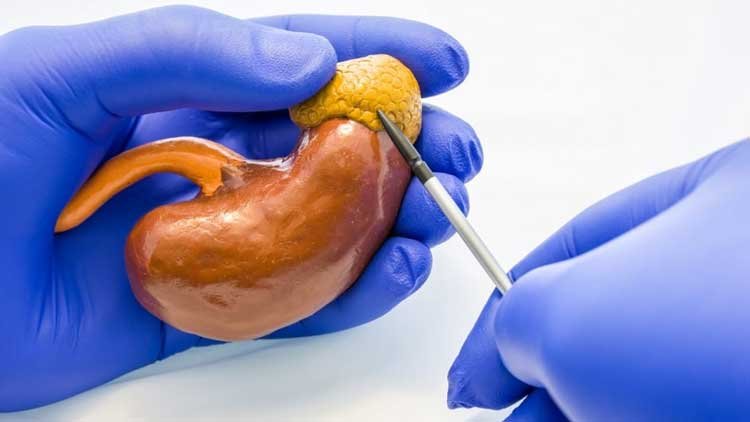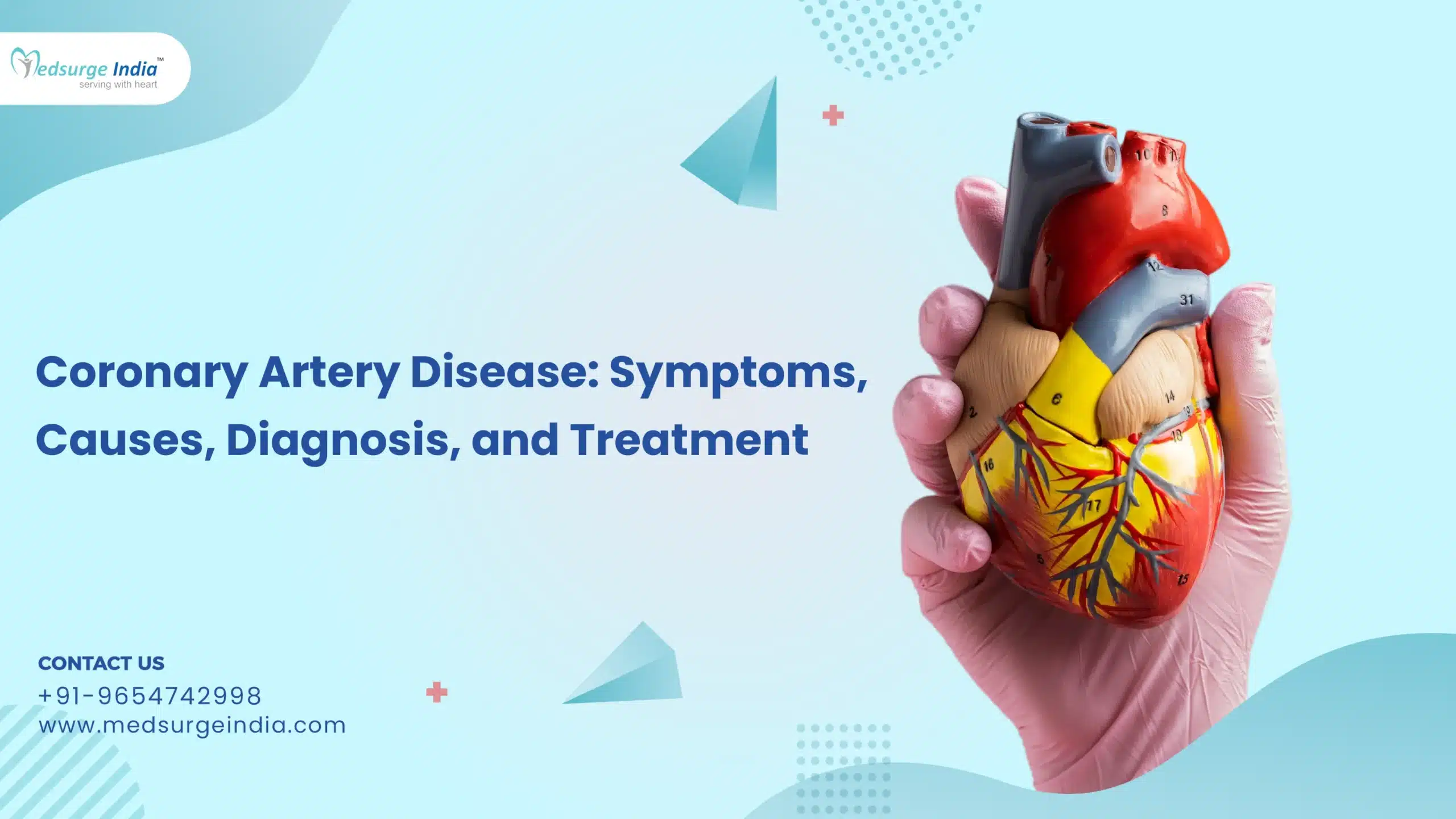
Everything You Need to Know About Kidney Transplant
A kidney transplant is a medical procedure, in which the kidney of a healthy person is transplanted to a person whose kidney no longer functions accurately.
What is The Function of a Healthy Kidney?
Every person has a pair of kidneys that contains millions of filters called nephrons. The main function of nephrons is to filter out the toxic waste chemicals and products from our blood. On the other hand, they also help in discharging the excess fluid from the body in the form of urine. The urinary bladder collects urine coming from tubes, known as ureters. And then, urine gets passed out from the body through the urethra. There are several other functions that are performed by the kidney like regulating chemicals such as sodium, calcium, and phosphorus. The kidney plays a vital role when it comes to producing a hormone called erythropoietin, which stimulates the formation of red blood cells.
Know Kidney Transplant Cost in India
Dialysis vs Organ Transplant
Dialysis is performed as a treatment for kidney failure. When the kidneys of a person stop functioning, all the unwanted toxins, waste products, and excess fluid stay in the body itself. In such cases, the person is put on dialysis which is a mechanical way to remove waste from the blood.
Another option for kidney failure treatment is an organ transplant. In this process, the surgeon takes a donated kidney from another person and places it in the body of the ill person. The source of a transplanted kidney could be a healthy donor who might be any relative, spouse, or any unknown donor. Or, it can be a deceased kidney donor.
One can achieve 10-20% of renal function with dialysis but with an organ transplant, it can get up to 50%. Having a kidney transplant done helps to attain a better status of life. There is no need for continuous dialysis appointments with the doctor. So, it is right to say that with an organ transplant, life becomes quite easier as compared to dialysis.
Here is the Kidney Cancer Treatment Cost in India
What Are The Conditions in Which Kidney Transplant is Avoided?
Doctors suggest kidney transplants as the best option in case your kidneys are not functional anymore. Thus, it is known as an end-stage renal disease (ESRD) or maybe an end-stage kidney disease (ESKD). When kidneys stop working, doctors immediately start dialysis sessions with the patient. But, in case you are healthy and a perfect candidate for a kidney transplant, then they recommend this surgical procedure. One should be healthy enough to tolerate the after-effects of kidney transplant and follow a strict medical regime after the surgery. There are many cases where kidney transplant is not recommended, for example, if you are suffering from extreme infection like-bone infections, tuberculosis, hepatitis, etc. In addition, people dealing with cancer, critical liver diseases, or cardiovascular disorders are also suggested to avoid the risk of getting a kidney transplant done.
What is a Kidney Matching Algorithm?
In order to have a successful kidney transplant, your blood type (A, B,O, AB) and human leukocyte antigen (HLA) need to match the donor’s blood type and HLA. HLA are proteins that reside on the cell surface and regulate the immune system. Studies have shown that a minimum of 6 HLA must match to a donor to get a successful kidney transplant done. In case, this stage gets crossed, another test is made to make sure the donor’s organ remains safe from your antibodies. If in any scenario, your body retaliates the donor’s blood by forming antibodies against it, transplant gets neglected. Therefore, a reverse crossmatch is required for a further procedure of kidney transplant.
What Are The Risks in a Kidney Transplant?
Since kidney transplant is a complex procedure, there are certain complications that come with surgery. These include blood clotting and bleeding, infection, heart attack, and stroke etc. There are several cases in which a patient’s body rejects the donor organ. So, to prevent the body from rejecting a donor’s organ, some anti-rejection medications are given. That too can cause a variety of risks and side effects, for example, infection, puffiness, high blood pressure, diabetes, bone thinning, risk of skin cancer, weight gain, and acne.
Refer to: Best Kidney Transplant Hospital in India
Points to Consider for Pre And Post Transplant surgery
Kidney transplant comes with risks, but it can make your life a lot easier if done successfully from a well-qualified surgeon. Many surveys conducted have concluded that the success rate of a kidney transplant is around 90%. So, one should opt for a kidney transplant if the doctor recommends it.
Here are some key points that you should consider before and after a kidney transplant surgery:
- Arrange help for post-surgery, as after surgery, it might become difficult to lift something heavy.
- Make sure that you take care of your health and wellness before surgery, so that it becomes easy for you to recover.
- Remain in hospital for up to a week while doctors closely monitor your body status.
- Take the required anti-rejection medications called as immunosuppressants on time, as it will help you in preventing the potential complications.
- Go for regular checkups after the surgery to examine the current status of your kidney.
If you follow the above mentioned points sincerely, they might prove to be the best advice in your kidney transplant journey, and you can enjoy benefits like, fewer restrictions on diet, no need for dialysis, and also a better overall health.













